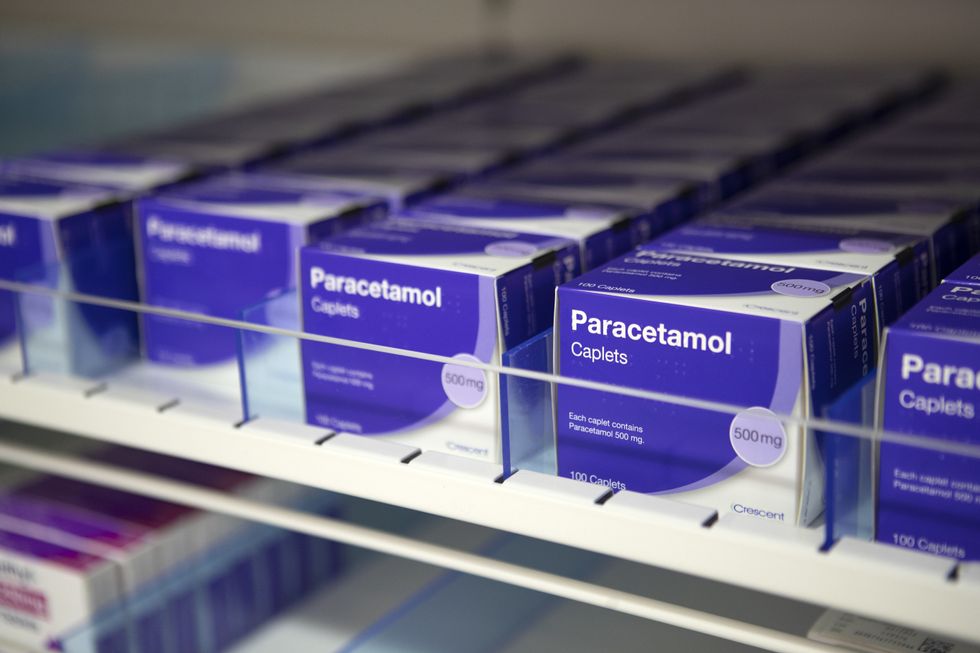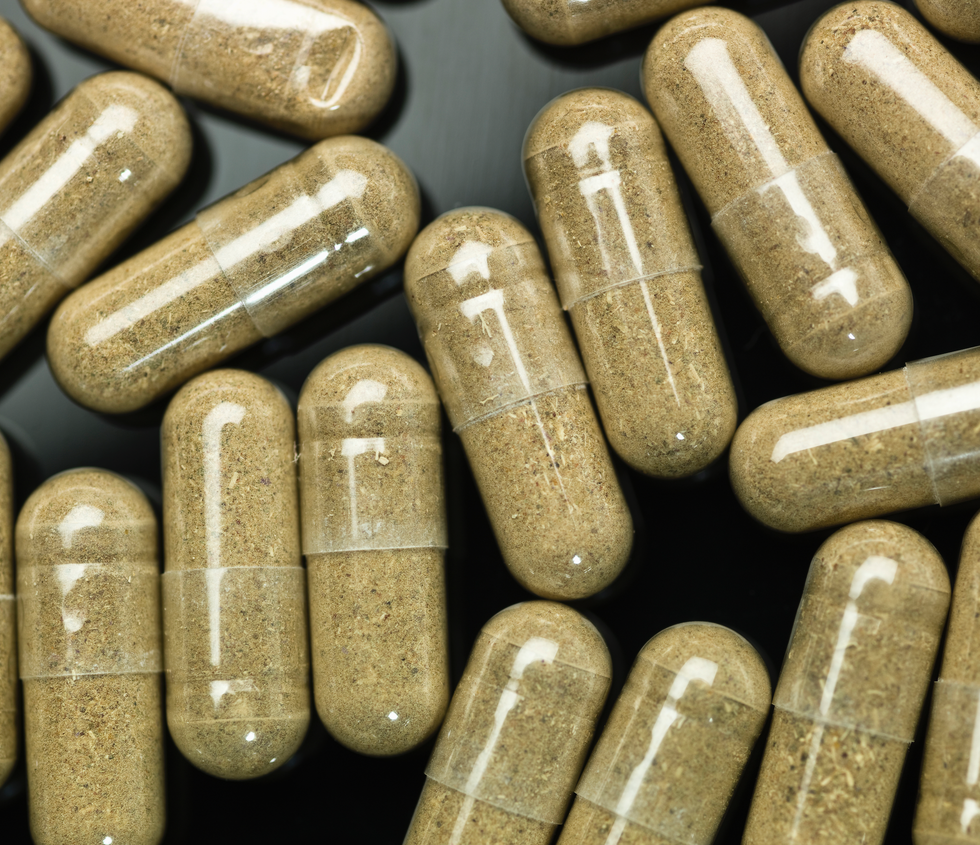Liver injury warning over common drug prescribed 14 million times a year in UK

A dramatic rise in liver injury cases highlights growing concerns about the safety of pharmaceuticals
Don't Miss
Most Read
Drug-induced liver injury is affecting around one-fifth of people prescribed medications, according to recent research published in the journal Toxicology Reports.
Cases of DILI, also known as toxic hepatitis or hepatotoxicity, have been rising in Western countries since the 1960s.
The condition represents a significant cause of acute liver failure. Potential triggers include herbal products, dietary supplements and medications, the study found.
The liver's main function involves breaking down substances taken orally, including supplements and medications, according to the American College of Gastroenterology.

Paracetamol is most likely to cause liver injury
|GETTY
For some people, the process of metabolising these substances can be slower, increasing the risk of liver damage.
Even medications tested for safety and approved by the U.S. Food and Drug Administration can potentially cause liver injury in rare cases.
The recent study in Toxicology Reports identified several drugs most likely to cause liver injury.
Paracetamol, a common over-the-counter pain reliever, tops the list alongside nonsteroidal anti-inflammatory drugs (NSAIDs), which are often used to treat headaches, fever and chronic inflammatory disorders. In 2023, GPs made out 14.8 million prescriptions for paracetamol in England alone - costing the health service £47.8m, according to official NHS statistics.
Aspirin, commonly used as a fever-reducer, pain reliever and blood thinner, also poses risks.
Other medications include nimesulide, methotrexate, corticosteroids, isoniazid, tetracyclines and halothane.
Cases of DILI linked to herbal or dietary supplements have nearly tripled between 2004 and 2014, according to a 2024 study published in JAMA Network Open.
This dramatic increase highlights growing concerns about supplement safety alongside traditional pharmaceutical risks.
LATEST DEVELOPMENTS

Those with pre-existing liver conditions face higher risks of liver damage
|GETTY
Those with pre-existing liver conditions and nutritional deficiencies face higher risks of developing DILI, as do pregnant women.
The American College of Gastroenterology notes that some individuals may experience slower metabolism of medications and supplements, further elevating their vulnerability.
Common symptoms of liver disease include nausea, loss of appetite, abdominal pain, generalised itching, dark urine and jaundice. However, some people may notice no signs at all, making early detection challenging.
The rising incidence of drug-induced liver injury underscores the importance of awareness amongst both patients and healthcare providers.
Even seemingly safe over-the-counter medications can pose unexpected risks, particularly for vulnerable populations who may not recognise the warning signs until significant damage has occurred.











